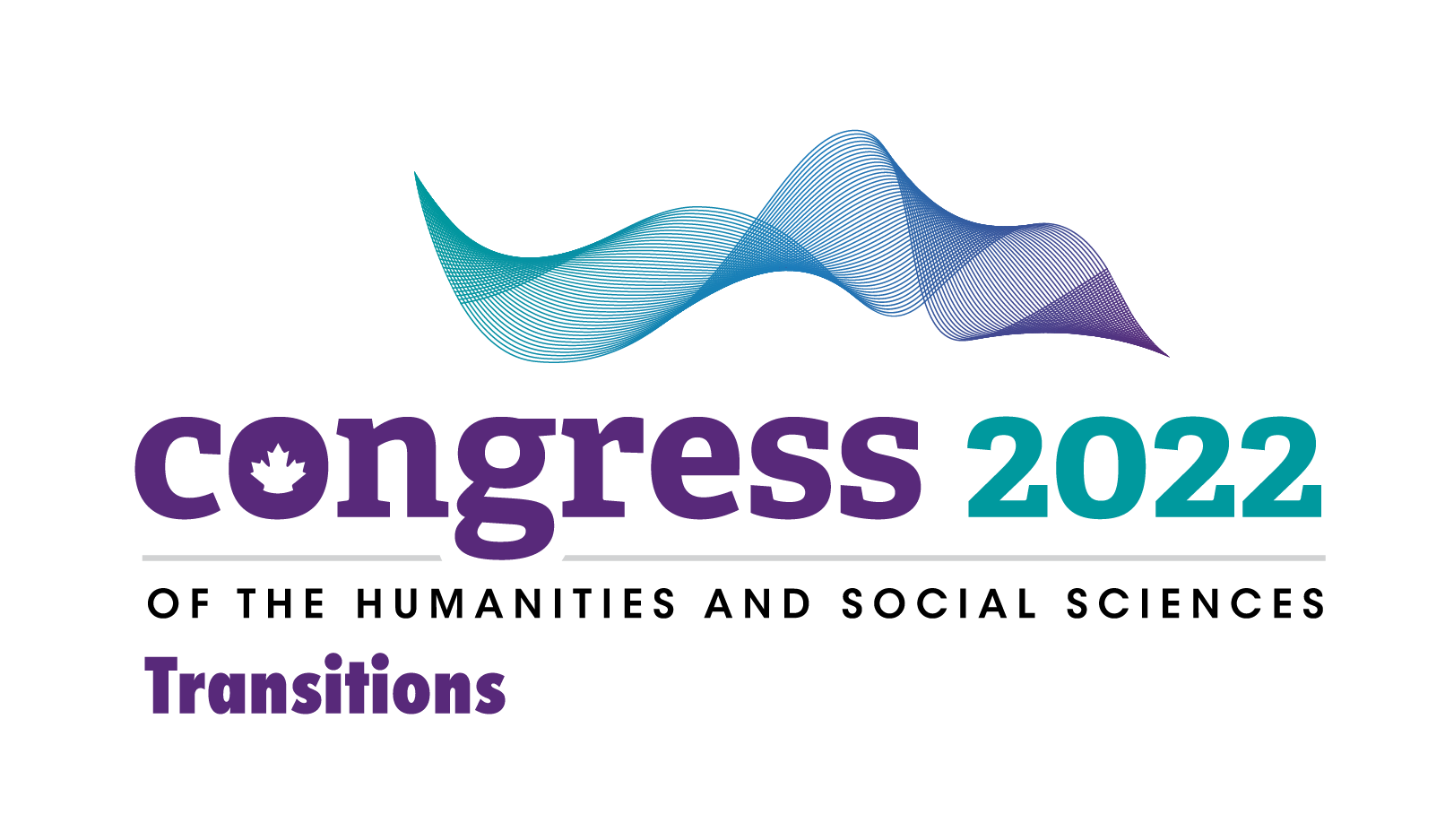October 2021
Federation News
Update on Equity, Diversity, Inclusion, and Decolonization (EDID)
Earlier this year, we announced our five-point Action Plan. Since then, we have taken important steps to follow up on our commitments. Read our brief update to find out more. The “Igniting Change” report by the Congress Advisory Committee on Equity, Diversity, Inclusion, and Decolonization (AC-EDID) can now be found on our new website – bookmark this link for easy reference!
Request for proposals
The Federation is seeking proposals from Canadian consultants with publishing grant program experience to review and recommend improvements to the Awards to Scholarly Publications Program (ASPP). Find out more.
Webinar: Build your research impact
November 10, 2021
12:00 – 1:00 pm (EDT)
This free virtual webinar will bring together a panel of experts to help you identify strategies and opportunities to grow the impact of your research. You will discover new knowledge mobilization tools, and learn how to communicate and share your research with non-specialist audiences. The webinar will cover the benefits of expanding the reach of your work beyond academia by engaging with media and the community. Register and find out more here.
Brought to you by:


New on the blog: “Reflections on the practice of reconciliation”
Dr. Crystal Fraser
Four years after co-authoring “150 Acts of Reconciliation for the Last 150 Days of Canada’s 150,” Dr. Crystal Fraser reflects on lessons from her dìdųų (great-grandmother), what has changed since then, and the work that remains to be done. Read more.
Congress News
Congress 2022 theme announced
Congress 2022, which will be held virtually from May 12 to 20, comes at an extraordinary time, as we hope to finally emerge from a global pandemic that has stolen millions of lives and disrupted the world as we knew it. With the theme of Transitions, our goal is to inspire ideas, dialogue, and action. Read the full announcement.
Call-for-papers
Your association’s call-for-papers has been or will be launched very soon. Check your association’s website for the most up-to-date information.
HSS Community News
Upcoming grant application deadlines:
New Frontiers in Research Fund Special Call: Innovative Approaches to Research in the Pandemic Context – full applications deadline, October 26, 2021
Partnership Grants—Stage 2 – October 29, 2021
Connection Grants – November 1, 2021
Partnership Development Grants – November 15, 2021
Race, Gender and Diversity Initiative – November 15, 2021
Open Research Area – November 17, 2021
The Future of Cooperation: Acknowledging Black Feminist Economies in the Global South and Beyond: Join Dr. Caroline Shenaz Hossein on November 2 as she discusses how the expertise of ‘Banker Ladies’ – Black women in the African Diaspora who engage in solidarity economies through a form of mutual aid called ROSCAs – can help build an inclusive economy and revolutionize Canadian international development policy. Register here.
Creating meaningful, lasting change in support of Indigenous education: In September, Indigenous leaders and university leaders met virtually at the sixth annual Building Reconciliation Forum. The annual national forum aims to advance truth and reconciliation in the higher education sector. Learn more.
Federal immigration, diversity, and employment policies should align to benefit international co-op students: Despite the economic value international students bring to the country and their increasing recruitment by Canadian universities, federal policies can make it difficult for international students to secure work experience. Read more.
Where classes are held matters for the decolonization of education: Although COVID-19 has made remote learning a necessity, physical learning environments may serve some structurally disadvantaged students better. But for Indigenous students, university learning environments may present ongoing issues of racism, discrimination, and cultural insensitivity, write University of Winnipeg professor Shauna MacKinnon and Indigenous activist Kathy Mallett. Read more.
BIPOC student support professionals doing anti-racist work need support too: “Institutions need to provide formal resources and concrete action to support BIPOC student support professionals and the students they work with,” write Victoria Barclay and Ken Chatoor. Read more.
Addressing the opioid crisis by creating a ‘campus of care’: Universities can raise awareness of the opioid crisis and use harm-reduction approaches in response to the ongoing opioid endemic. Read more.
Homelessness and COVID-19: Dalhousie researchers have been studying how the homelessness and COVID-19 crises have affected each other in Nova Scotia. Read more.
University faculty prepare response to Afghan refugee crisis: Ryerson University business professor Wendy Cukier and a team of collaborators have organized Lifeline Afghanistan, a demonstration of the role universities can play in responding to humanitarian emergencies. Read more.
York launches first-of-its-kind initiative to address barriers for Black youth across Canada: The three-year initiative aims to support upper-year high school students as they plan for their future in order to enhance the representation of Black youth at universities across Canada. Learn more.
American Anthropological Association to host hybrid annual meeting: From November 17 to 21, anthropologists from around the world will gather in Baltimore – and online – for the American Anthropological Association’s hybrid Annual Meeting. Whether you’re presenting your research or learning about new developments in your specialty, the Annual Meeting is the place to grow as an anthropologist. Register here.

